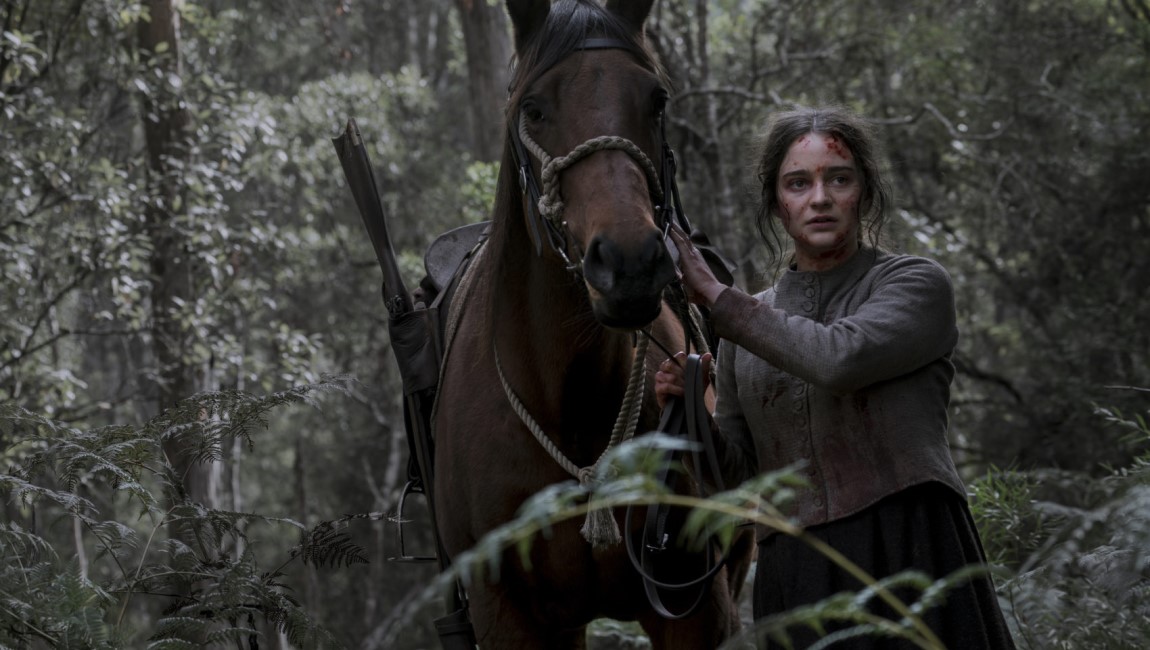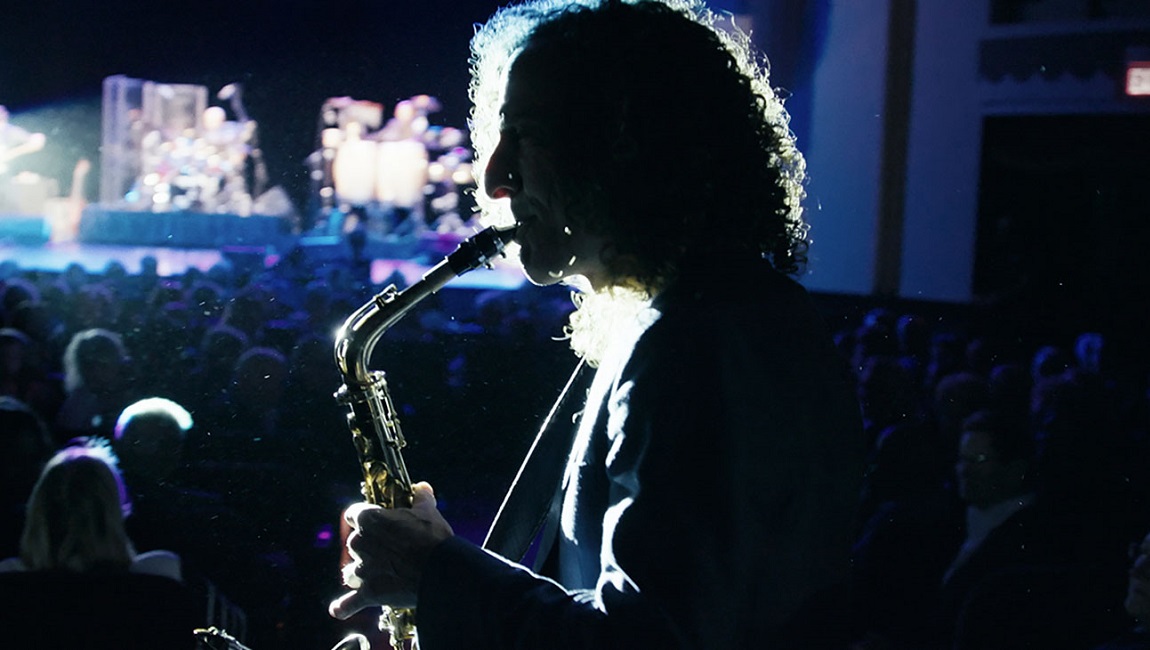There’s been an interesting spate of feminist, or at least female-led, westerns recently; there’s Tommy Lee Jones’s The Homesman, a dark film that suggests the only rational response to being a woman on the frontier is to go insane. There’s Kelly Reichardt’s masterpiece Meek’s Cutoff, the well-intentioned misfire Jane Got a Gun, and earlier this year saw the limited release of Emma Tammi’s The Wind, a superb genre piece which concocts a horror story out of a woman’s isolation on the frontier in the early 19th century. The Wind is clearly indebted to Jennifer Kent’s The Babadook; Kent’s The Nightingale is a disturbingly brutal tale of colonialism in the Australian outback in the 1820s. Aisling Franciosi gives a fearless performance as Clare, a young Irish woman and convict who has been pressed into the service of Lieutenant Hawkins (Sam Claflin) at a British military outpost in Tasmania. Clare has ended her term of indentured service to Hawkins, but he refuses to release her. When Clare’s husband, Aidan (Michael Sheasby), confronts Hawkins, Hawkins and his men kill him and Clare’s baby and leave her for dead. She wakes up, determined to track him down and exact revenge for her family. She enlists the help of Billy (Baykali Ganambarr), an Aboriginal native who has his own reasons to hate the British.
There’s a lot of threads of animosity here, including Irish vs. British, white vs. black, and man vs. woman. Make no mistake, The Nightingale is ceaselessly, unsparingly, unendingly horrific. The film might very well be unwatchable, even, if it wasn’t so absolutely necessary — a bracing rejoinder declaiming that bigotry and violent sexism are built into the very foundational myths of our society, that patriarchy and capitalism are intermingled. White men are a plague spreading over women and indigenous peoples like an ocean of depravity. The Tasmanian landscape is an uncaring observer, offering no respite or beauty but a kind of cosmic indifference. Kent and cinematographer Radek Ladczuk have leached the color out of the forest, lending everything a murky hue of gray and brown. The film is shot in a squarish academy ratio, boxing in the characters and creating a kind of anxiety inducing claustrophobia. Kent films faces in devastating close ups, forcing us to look deeply into people’s eyes as they either perpetrate or lay victim to an atrocity. The Nightingale is plainspoken and forceful about dealing with the trauma of the past while refusing easy catharsis. The only respite here is screaming in the face of your murderer, declaring ‘I’m still here,’ even if it’s simply shouting into the void.
Published as part of August 2019’s Before We Vanish.






